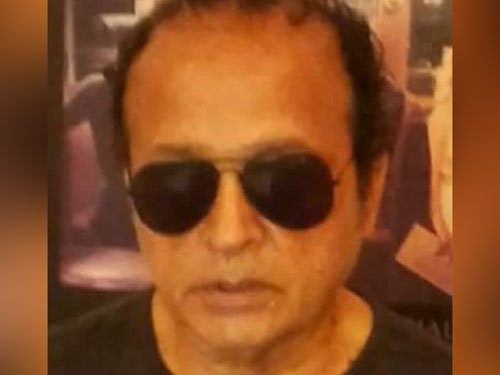By Lester Orie Siddhartha
HIGH Court judge Justice Frank Seepersad said the absence of truthfulness is more powerful than any weapon of mass destruction.
He called on leaders and lawyers to embrace “Satyagraha” the concept of truth practised by Indian civil right activist Mohandas K Gandhi.
Without truth, he noted, “The needs, goals, entitlements and aspirations of the people are often sacrificed in the halls of courtrooms or at the altar of political expediency
“As we look at our society, truthfulness is evidently an elusive concept. There now exists very real alternate realities. Many no longer trust either leaders or lawyers and view them with suspicion as untrustworthy exploiters who create their own narrative of truth.”
Seepersad was speaking as the guest lecturer at a seminar on Thursday evening, on the Relevance of Gandhi in a contemporary World held by the High Commissioner of India to TT, in collaboration with the Mahatma Gandhi Institute for Cultural Cooperation, at Mt Hope.
He focused on Gandhi’s lingering lessons for leaders and lawyers and noted that the core aspect of Gandhi’s teachings essentially revolved around the truth.
“Gandhi endeared himself to his people by being truthful but unfortunately, we are not always presented with the truth and far too often important decisions are effected without any regard for accountability.”
He referred to recent controversy surrounding the appointment of a commissioner of police (CoP).
This, he said, “have raised in the minds of many citizens, a desire to ascertain the truth as to what transpired. Many feel that the various public officials who may have been involved in the situation which ensued, should elect to exercise Satyagraha – clarify the events which unfolded and exercise ownership over any inappropriate exercise of discretion or constitutional overreach which may have occurred.”
Pointing to data which suggest that during his years of practice, Gandhi, a lawyer, never deceived a judge, Seepersad said in his experience “many lawyers forget that their primary duty is to the court not their client and the Gandhian example of uncompromising honesty and integrity needs to be emulated by members of the legal profession.”
“As a leader, Gandhi was quite the strategist as he moulded his movement to suit the evolving situation which presented. The Mahatma visualised the nation’s mood in a calculated manner and modern leaders can learn a lot from Gandhi’s strategies.
“Very often leaders are tone deaf as they myopically spin narratives crafted to resonate with their supporters while they make other citizens feel disenfranchised and distant.
“In their quest for political dominance, many leaders often fail to take into account the needs of regular citizens and those considered as opponents.
“The current destructive and divisive atmosphere which exists among our leaders has to be rectified as it is not possible for the people’s business to be meaningfully engaged in an antagonistic environment characterised by vitriol and dysfunction.”
He compared Gandhi’s ability to compromise and focus on finding long-term solutions acceptable to all to the unwillingness of local lawyers and leaders to do same.
He expressed concern that, “At this present time there is a worrying level of polarisation among national leaders. This can easily filter down to the citizenry and catalyse behaviour which is destabilising.”
“As we look at our society, there seems to be little room for or willingness to engage in compromise and in our tiny island there now exits an unacceptable degree of intolerance.
“Within the legal profession compromise is not actively pursued, presumably in an attempt to pursue more lucrative and multi-layered litigation.
Lawyers have an obligation and an opportunity to encourage and to assist their clients to make the right choices and they can learn limitless lessons from Gandhi.
“Too many lawyers now pursue payment and compromise positions of principle and too many leaders change their positions on a constant basis.”


































































